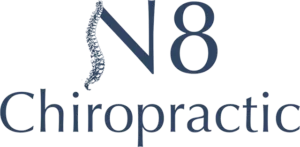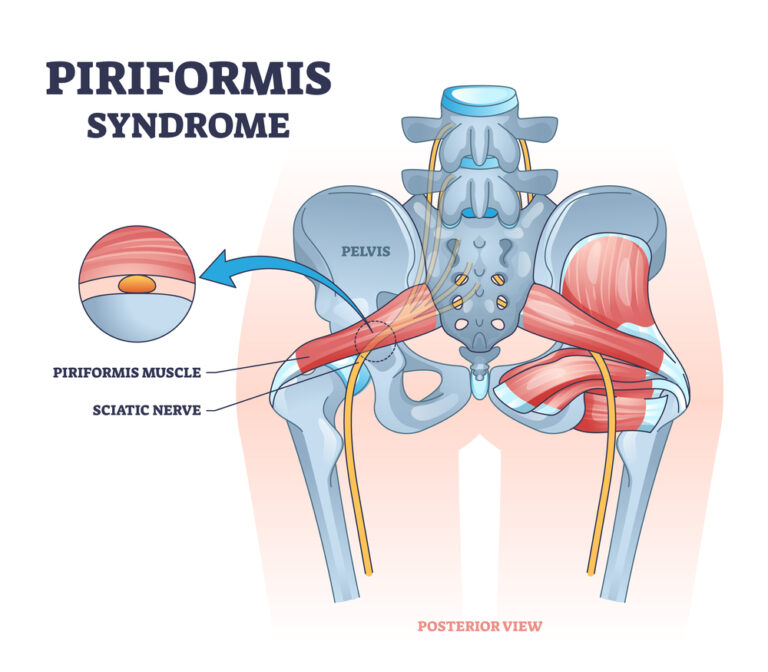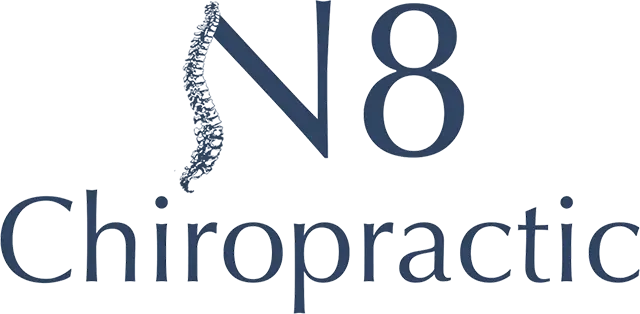Whiplash is a common injury that can happen to any individual. It involves the sudden movement of one’s head back and forth or from side to side. Most often, these types of injuries result from vehicular accidents that put a tremendous amount of stress on the body.
While most people recover from whiplash without any problems, some experience more serious complications:
Headaches
People who have been injured in a car accident may be experiencing after-effects, such as headaches. Usually, pain is felt in many places due to injuries in the back and neck. Depending on the severity of the injury, this may lead to paralysis.
Neck stiffness and pain
Neck stiffness and pain are two common complications that result from whiplash injuries. Extreme pressure is placed on the neck, which can strain the muscles resulting in tightness, usually on one side. Movement may be restricted, and pain can also radiate down the shoulders and along the thoracic spine.
Joint instability which may lead to arthritis
There is a possibility that whiplash injury can lead to arthritis. This is due to joint instability, causing the body to exhibit symptoms similar to arthritis.
Numbness or tingling
Numbness and tingling in the arms after a whiplash injury may be caused by pinched nerves. Here, the nerve endings are compressed and inflamed, causing plenty of pain and discomfort.
Dizziness or lightheadedness
After car accidents or other situations that can trigger whiplash, it is possible to feel dizzy or lightheaded. This may be due to low blood pressure.
Blurred Vision
Some people who have whiplash may also have blurry vision. It could be a possible side-effect of the injury. It can be treated with medicine or surgery if needed.
In rare cases, people who have had head trauma from an accident may experience dizziness coupled with blurriness around lights in the evening.

Other complications
Some factors may cause further complications to getting whiplash. These include:
- Having experienced whiplash in the past
- Being in an older age group
- Existing pain in the lower back or neck
- Getting an injury caused by high speeds
Other problems
In some cases, whiplash can cause neurological problems. It is also often associated with herniated discs and the second type of nerve root irritation from direct pressure.
Whiplash damages the nervous system’s wiring in many different ways. This can lead to chronic back pain, which may or may not require treatment. However, whiplash can also carry over into future generations with certain conditions that may be inherited.
Conclusion
Recovery from whiplash is difficult to predict for each individual. Generally, chronic pain is more likely to occur if your first symptoms were intense and occurred rapidly.
The best way to prevent these complications is with early treatment. This can prevent symptoms from worsening and getting in the way of everyday life.
With the right professionals by your side, you can be assured of an effective program for your injuries. Visit N8 Family Chiropractic today to set a schedule with our chiropractor!
References:
https://www.webmd.com/pain-management/guide/pain-management-whiplash
https://www.spine-health.com/conditions/neck-pain/whiplash-symptoms-and-associated-disorders
https://www.healthline.com/health/whiplash
https://www.hopkinsmedicine.org/health/conditions-and-diseases/whiplash-injury






